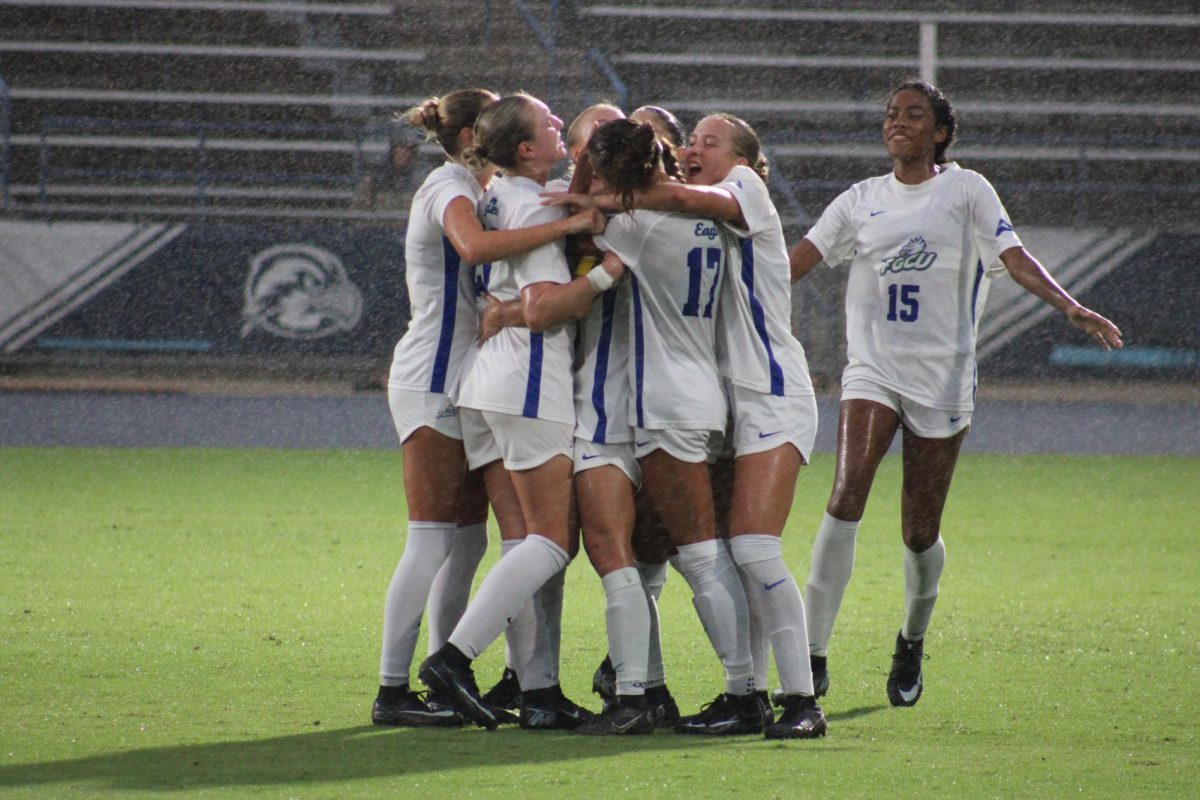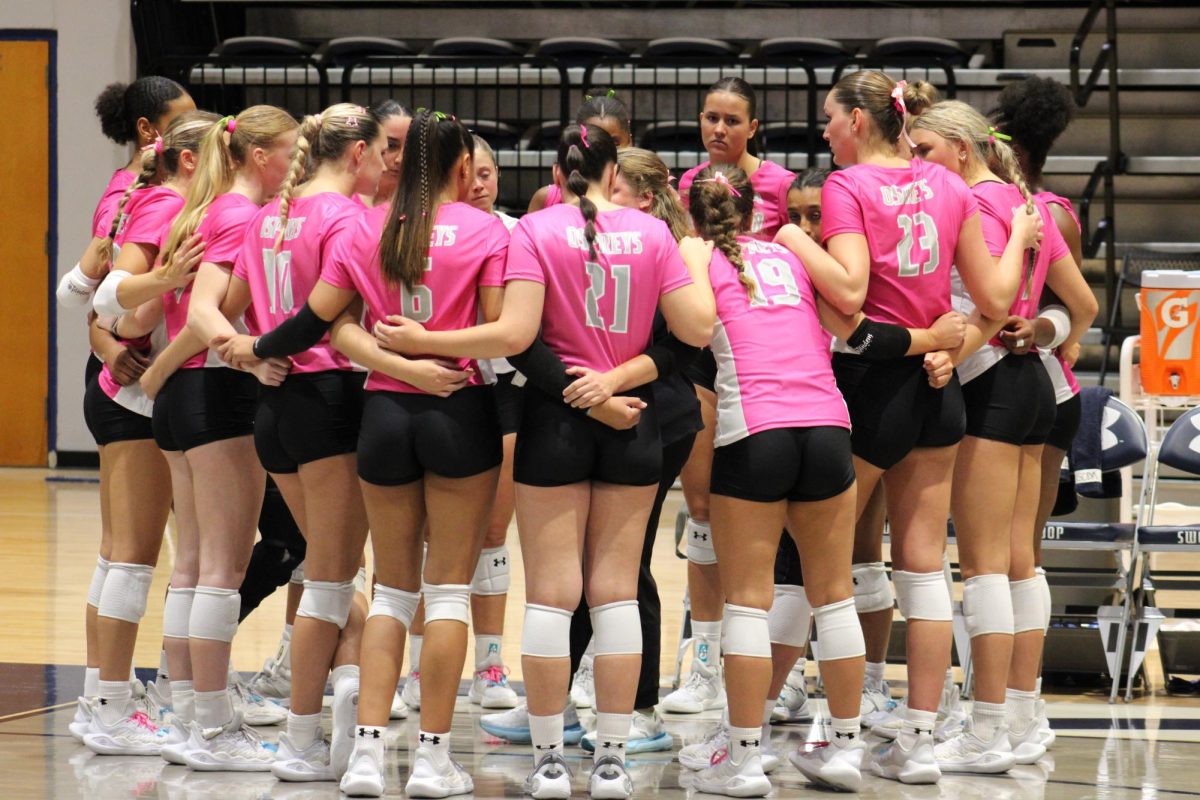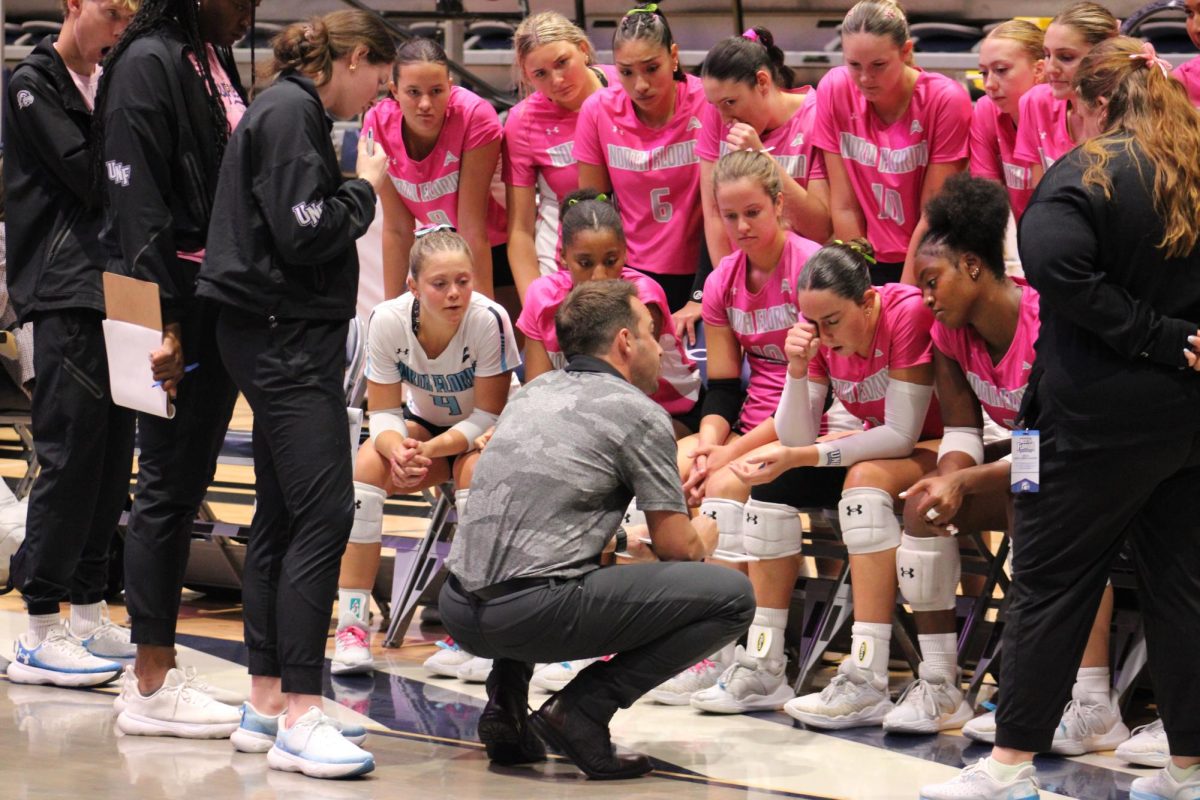A combination of partying, the lack of home cooking and the ever-rising prices of textbooks might account for the phrase “broke college student.” And now more than ever, it might be a struggle for college students to keep money in the bank.
However, there are ways for college students to combat these worrisome financial times and still have a little fun.
One of the most important steps students can take to save money is to know what they are spending money on and how much they are spending, said Bettie Adams, assistant professor of accounting and board member of Community First Credit Union.
Adams suggested students keep track of their expenses for a week, including small things like trips to the vending machine.
“You will be surprised at places you can save money,” Adams said.
Adams also suggested students make a budget in which they pay themselves first. This means putting a certain amount of money into savings before anything else.
“If students wait until the end of the month to put money into savings, there will never be anything left,” she said.
In addition to putting money into savings, there are also ways to adjust spending habits.
“When times get tough, there are certain things that can go like Blockbuster and subscriptions to the paper,” Adams said.
Other things that can help are brewing coffee at home, reducing features on cell phone plans and putting a kibosh on impulse purchases, she said.
Some UNF students have already made some of these adjustments to combat shrinking paychecks.
Alex Kellison, senior finance major and treasurer of the Finance and Investment Society, said he has made numerous cutbacks.
“I eat Nature’s Valley bars on campus to tide me over until I can go home to eat,” Kellison said.
Kellison reduced his off-campus food budget as well, he said.
“I used to eat out every night, but now my girlfriend and I invest more in groceries,” he said.
He has also limited his video game habit by not buying as many games as he once did, and he tries to limit his driving by walking when possible, he said.
Zach Smith, a sophomore psychology major, has also been affected by the current economic climate, he said. As a waiter, his tip base was significantly reduced this past year.
“I used to make about $120 a night; now I only make about $60 or $70,” Smith said.
Smith has adjusted to mooching off his parents instead of eating out three nights a week, he said.
Smith is no longer able to dine at campus restaurants and instead settles for a bagel when he’s hungry, he said.
Though one of the main methods students are using to save money is cutting back expenses, there are additional steps that can be taken, Adams said.
She emphasized the importance of financial education. Because everyone has to learn how to manage money, Adams suggested every student take personal finance, a course offered at UNF.
“Personal finance is extremely important,” Adams said. “Learning good financial habits when you’re young is something that will positively affect you for the rest of your life.”
“Stop spending money:” advice from accounting and finance professor Dr. Reinhold Lamb.
Here is a list of ways Lamb suggests to save money, other than simply stop spending it.
• Raise the deductible on auto insurance
• Have only one credit card – one that gives cash back
• Turn the heater down a few degrees
• Don’t buy drinks on campus
• Get a to-go cup at restaurants; it’s one free drink
• Don’t buy greeting cards, make them yourself
• Buy used books, buy online or even share textbooks
• Use the library – all of it
• Never pay full price for clothes
• Never buy snacks at the movie theatre
• Decrease alcohol consumption
E-mail Sadie Seal at features@unfspinnaker.com.











